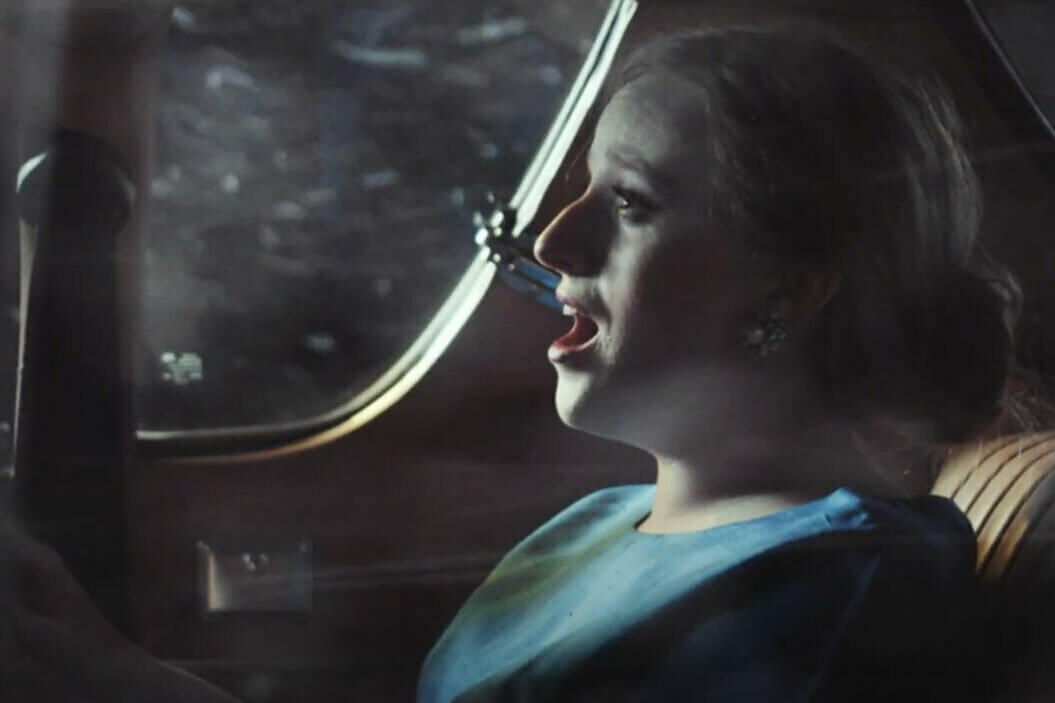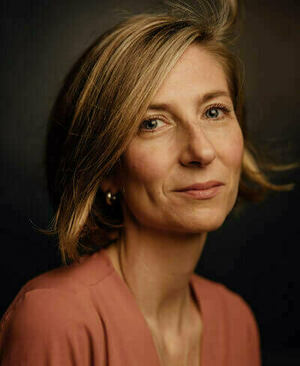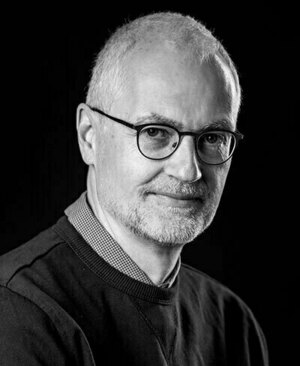
When Opera Notre Dame’s first film production made its debut last year, it was immediately recognized as a novel way to safely create and share a musical performance during the height of the pandemic.
Now, Please Look: A Cinematic Opera Experience has won the inaugural Award for Digital Excellence in the university/conservatory category from Opera America, the hub of the national opera community. The award highlights how supporting the creative vision of faculty and students has made the University a pioneer in the future of an art form as it wades into the new entertainment reality of streaming video.

The hourlong film featured about 20 undergraduate and graduate students, primarily from the Department of Music and Sacred Music at Notre Dame program, performing excerpts from the work of American composers such as John Adams (Nixon in China), Julius Eastman (The Holy Presence of Joan d’Arc), Philip Glass (Akhnaten), David Lang (The Little Match Girl Passion), and Meredith Monk (Atlas).
Rehearsed and filmed when social distancing and masks were part of daily reality and public performances were unsafe, the production presented challenges that students never previously encountered.
Practice times were limited to reduce the risk of illness. Singers left their comfort zone of live audiences and theaters in exchange for virtual coaching sessions, pre-recorded vocals, and lip-syncing to cameras.
“The more I look back with greater distance from the project, I just can’t believe that we managed to do it,” said Kiera Duffy, head of undergraduate voice studies and a world-renowned soprano. “This would have been an extraordinarily ambitious project under the best of circumstances. And we had among the worst circumstances to do something like this.”
“I just keep reflecting on the incredible courage and tenacity of our students, and the fact that they put so much trust in me. I had never been a producer at all, let alone in a medium I had no knowledge of — film. So I have a debt of gratitude to the students.”
For all involved, the project was a leap of faith. It was a time when opera — an art form steeped in tradition — needed modern creativity to reach an audience.
“In the arts, there’s a place where universities can be leaders in artistic expression and participate in that process of innovation. If you create an environment where creative minds can flourish, you get something like this.”

“In the arts, there’s a place where universities can be leaders in artistic expression and participate in that process of innovation,” said Berthold Hoeckner, the Keough-Hesburgh Professor of Music History and chair of the Department of Music. “If you create an environment where creative minds can flourish, you get something like this.”
With the national recognition, Duffy and Hoeckner see opportunity for Notre Dame to continue to be a national leader in the future of student opera.
“This is very exciting to think there’s a possibility that we can be an incubator of ideas through harnessing the power of digital media,” Duffy said. “Continuing to use our program as a means to explore and question and provoke is really exciting. Our students are open to these kinds of explorations.”
The Opera America award was established to recognize extraordinary efforts made due to the pandemic, but is now expected to be regularly bestowed.
Directed by Evan Monroe Chapman and Kevin Eikenberg of the Philadelphia-based production company Four/Ten Media, the film drew collaborators from across campus and the community. The DeBartolo Performing Arts Center provided rehearsal space, costumes came from the Department of Film, Television, and Theatre, a warehouse used in some scenes was provided for free by Holladay Properties, the Notre Dame Fire Department supervised a controlled bonfire, the Studebaker National Museum loaned a classic car, and a posting on a neighborhood forum yielded a 1950s-era television for another scene.
The film premiered at the DeBartolo Performing Arts Center’s Browning Cinema last fall, and is now available to stream for free through Feb. 5 on the Opera America website.
The film provides a vision of a future for the form that began with the resilience of students, crew members, and coaches, united around the goal of letting students use their voices and showcase their talents despite a global pandemic.
“If you manage risks, you actually do so in order to take risks,” Hoeckner said. “And that’s essentially what comes out of this. This is a shining example of collaboration, the need for collaboration and the rewards of it.”


